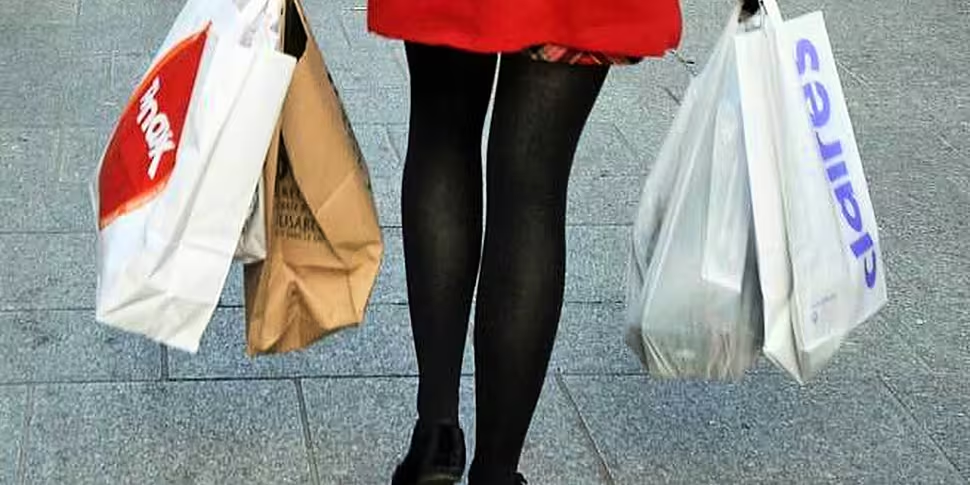UK's annual rate of consumer price inflation (CPI) fell to -0.1 percent down from 0 percent previously. It is the first time that the CPI figures have been in negative territory since official records for the CPI index began in 1996.
However, according to the ONS, comparable estimates going back further indicate that is the first time consumer prices have showed deflation since 1960.
Responding to the latest figures, Chancellor George Osborne told Sky News that this was not "damaging deflation" and insisted that though the government would remain vigilant to any risks that might arise and was "well equipped to deal with them if they did".
Bank of England governor Mark Carney warned last week that the central bank believed inflation could enter negative territory - albeit briefly.
He suggested that prices would pick up over the year and that interest rates were more likely to rise than fall.
The inflation figures for April are significantly below the Bank of England's target rate of 2 percent however the discrepancy between today's rate and the target rate should not set alarm bells ringing as the UK has not seen the kind of widespread asset price deflation that caused such damage in the 1930s.
The reason negative inflation is unlikely to take a firm grip is that while the cost of food in the shopping basket may have dropped markedly (the ONS pointed to a fall of 3 percent in food prices in annual terms in each of the last four months), other prices such as UK housing have remained resilient and oil prices have recently shown an upward trajectory.
Data from the ONS also released today shows house prices across the UK rose by 9.6 percent in the 12 months to March, a pick up on the 7.4 percent increase on the previous month.
The CPI fall in April was also affected by a number of timing issues, not least cheaper air fares which the ONS linked to the Easter holidays.
The early Easter break this year meant the higher fares associated with school holidays were not factored into the April data as they were in 2014.
In the past salaries have risen slower than inflation but the situation has now been reversed with wages rising faster than inflation. Effectively the pound in the pocket is stretching further, something that Chancellor George Osborne was quick to pick up on.
He told Sky News: "This strong combination of rising wages and falling prices is good news for families and shows the benefits of an economic plan that is working."









